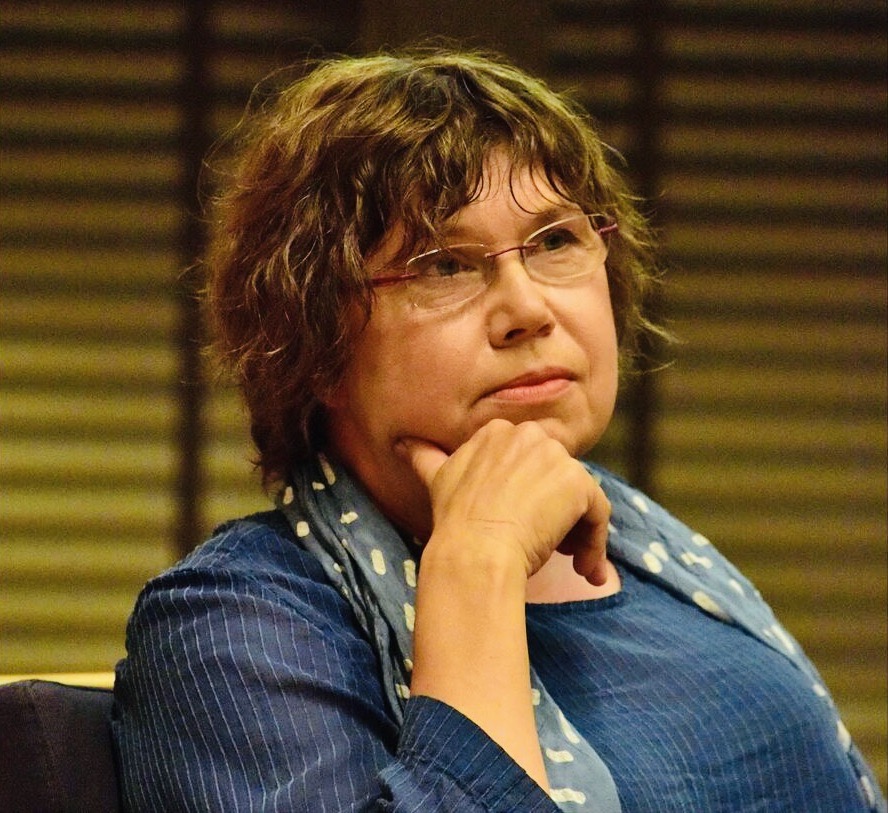Much to its dishonor, the Polish government recently conducted an orchestrated campaign against a respected Polish scholar who disagrees with its skewed nationalistic narrative of the Holocaust.
The object of its wrath, Barbara Engelking, is the director of the Polish Center for Holocaust Research at the Polish Academy of Sciences in Warsaw and the author of several books on the Holocaust. She stirred a great deal of indignation in pro-government circles by saying that Poles could have done a lot more to help Jews during the six-year Nazi occupation of Poland.
Appearing on TVN, the largest private television station in the country, Engelking said that “Poles had the potential to become allies of the Jews” during those years, but squandered that opportunity, thereby deeply disappointing and disillusioning Jewish survivors.
In further criticism, she added that Poles tend to exaggerate the degree to which their parents and grandparents assisted Jews during that time of extreme peril, when 90 percent of Poland’s 3.3 million Jews were murdered or perished due to starvation, deprivation and illness.
Engelking made these pointed comments during an interview on April 19, the 80th anniversary of the Warsaw ghetto uprising, which was ruthlessly crushed by the German army and police in conjunction with Polish collaborators.
No sooner had she spoken than she was lambasted in what seemed like a coordinated government attack.
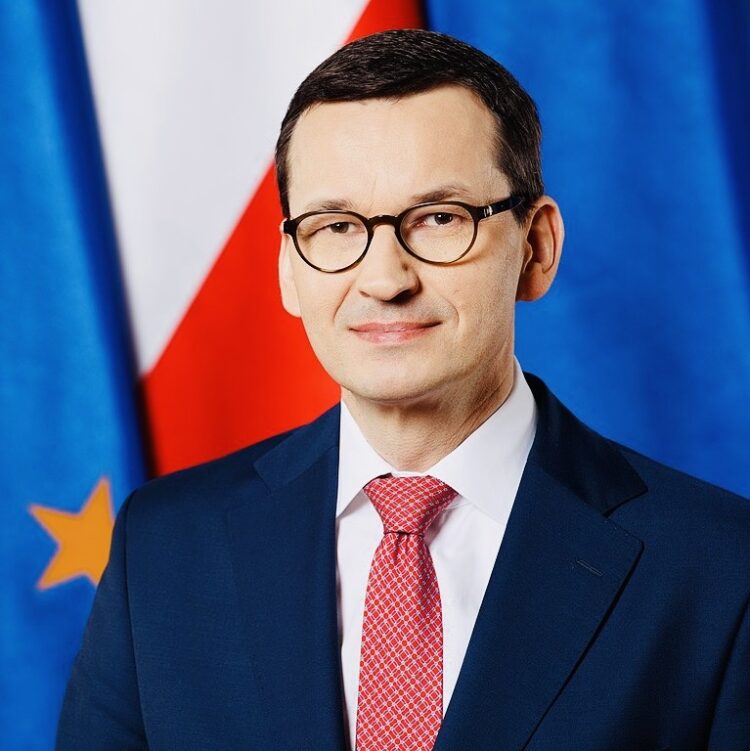
Polish Prime Minister Mateusz Morawiecki, in a 900-word tweet, accused her of expressing an “unwarranted opinion” that distorted the truth. He correctly pointed out that the German occupation of Poland created the conditions for the genocide of Polish Jews. But he failed to address the issue at hand when he suggested that those who do not sufficiently recognize Polish efforts to aid Jews “commit a crime on human valor (and) heroism.”
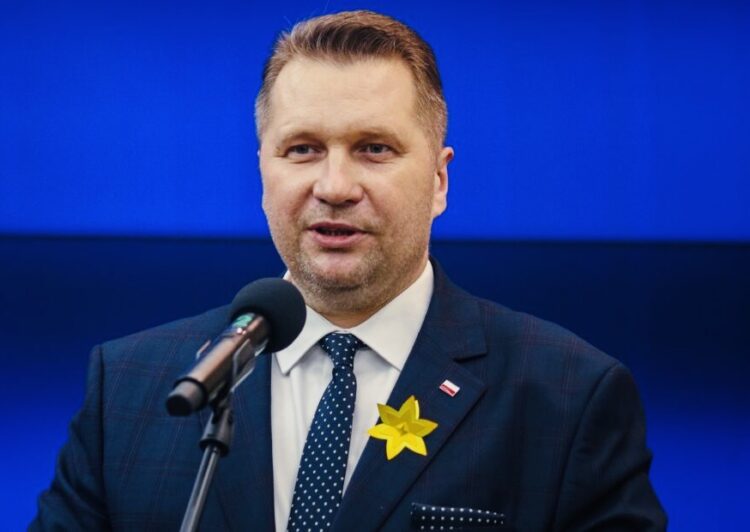
Jumping into the fray, Education and Science Minister Przemysław Czarnek announced he would not approve funding for the Polish Center for Holocaust Research, the only institute of its kind in Poland. “Offending Poles and the Polish nation — the greatest victim of World War II — is not the role of Polish academics supported by state money,” he said. “I will not give money for this.”
Dominik Tarczyński, a Polish member of the European Parliament who represents the ruling Law and Justice Party, recommended that Engelking be criminally prosecuted for having “insulted” the “Polish nation” with her remarks.
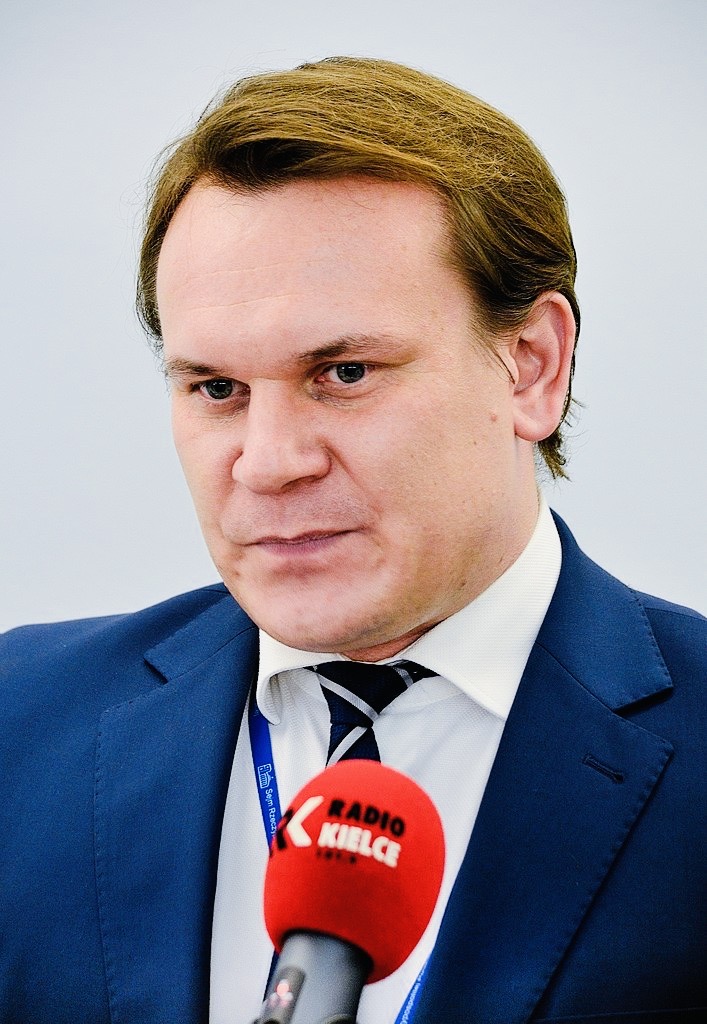
The government’s broadcasting regulator disclosed it would conduct legal proceedings against TVN, which is owned by an American company.
Lamentably, there is a familiar, gut-wrenching ring to the anti-Engelking campaign.
Five years ago, she and Canadian Polish historian Jan Grabowski co-edited Night Without End: The Fate of Jews in German-Occupied Poland, a two-volume account describing how Poles reacted to the persecution and murder of Jewish neighbors from 1941 to 1943. An abridged version in English was published recently.
“My research has helped us to understand that the German genocidal plan of the annihilation of European Jews found many willing ‘bystanders,’” says Grabowski. “Large numbers of enablers and participants among the Polish population — auxiliary police officers, voluntary firefighters or simply crowds of local people — took part in killing their former neighbors, appropriating their property, or reporting the fleeing and hidden Jews to the authorities.”
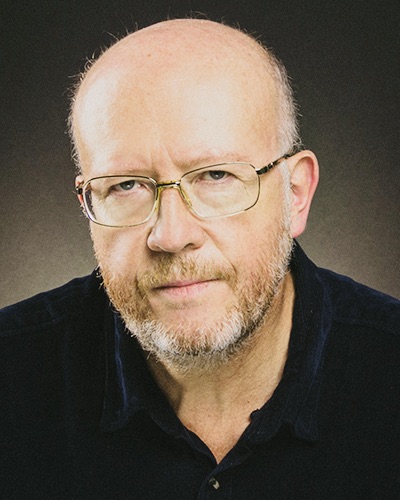
Their book was not only widely condemned by the Polish authorities, but resulted in a lawsuit brought against the authors by the niece of a village mayor whom they had accused of complicity in the deaths of Jews hiding there.
Two years ago, a judge ordered Engelking and Grabowski to apologize in print for “disseminating inaccurate information” about the late mayor. They appealed and won the case. This prompted Justice Minister Zbigniew Ziobro to brand their victory as a “judicial attack on justice” enabling historians to “lie with impunity.”
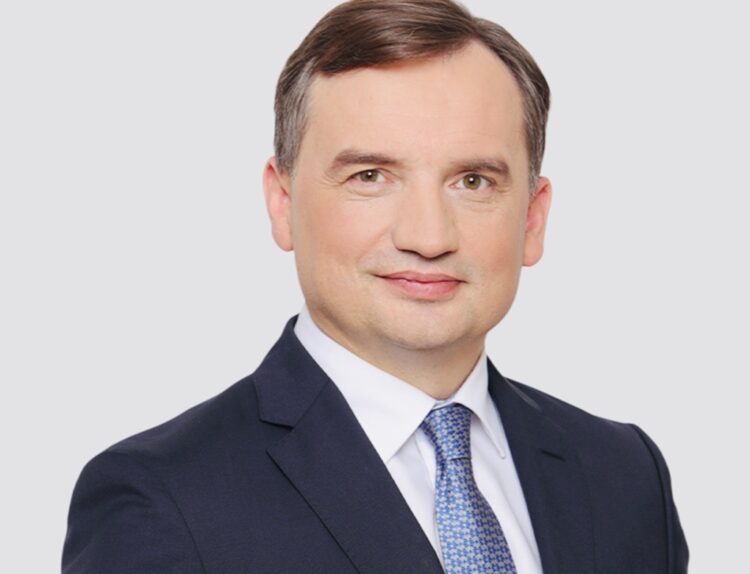
The barrage of attacks that have been launched against the pair, particularly Engelking, is less than surprising but still disconcerting.
Since the passage of an ill-conceived law in 2018 criminalizing the claim that the Polish state was complicit in Nazi crimes, the Polish government has attempted to sanitize the tangled history of the Holocaust in Poland. This has had somewhat of a chilling effect on Polish scholarship.
The government has drastically minimized or downplayed the extent to which Christian Poles were directly involved in the slaughter of Jewish Polish citizens. In addition, the government has honored the heroic behavior of Poles who assisted Jews in their hour of need. In March 2016, the Ulma Family Museum of Poles Saving Jews in World War II was formally opened in the southeastern village Markowa by President Andrzej Duda.
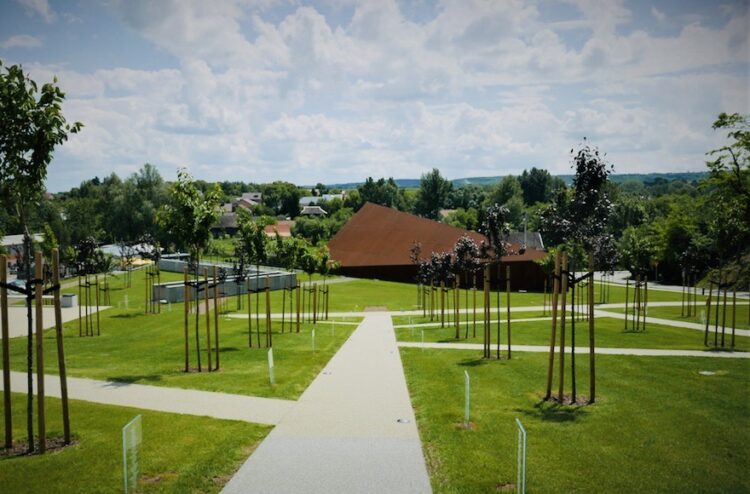
Not surprisingly, Poland’s attempt to whitewash the criminal behavior of its most unsavory citizens has ignited quarrels with Israel and the Jewish Diaspora.
That a minority of Poles risked their lives and that of their families to assist Jews is widely acknowledged. Yad Vashem, the Holocaust memorial and research center in Jerusalem, has recognized 7,200 Poles as righteous gentiles. They represent a quarter of all European Christians who came to the rescue of Jews in countries occupied by Nazi Germany. Their humanity and courage are applauded and appreciated.
Poland, too, never had a collaborationist government, another fact that should be remembered.
Yet as Polish historians can attest, a number of Poles, acting out of antisemitic malice and/or greed, gladly cooperated with the Germans in the incarceration and killing of Jews. As these atrocities unfolded, the vast majority of Poles hunkered down in sheer survival mode.
This is precisely the point Engelking conveyed last month when she chided those Poles who remained neutral during the Holocaust. To her credit, she courageously told the unvarnished truth about a horrendous period that tested the morality of Poles.
Her rendition of events rankled the Polish government, which unfortunately tries to intimidate and silence dissenters like Engelking.
The government’s misguided attitude to legitimate Holocaust studies has been denounced by distinguished Polish scholars such as Aleksandra Bankowska and Adam Kopciowski, who specialize in World War II, the Holocaust and Polish-Jewish relations.
In a recent open letter, they condemned as “extremely dangerous and unacceptable” the notion that “the continued financing of academic institutions should be conditional upon whether the research produced … meets the expectations of politicians. Such actions are aimed at discouraging other scholars from undertaking research that might be met with a similar hate campaign.”
Referring specifically to Engelking’s contributions to the field, they voiced their opposition to “the attempt to discredit many years of scholarly work, the results of which have been published by respectable publishers in Poland and abroad, and peer reviewed by scholars competent in the field of Holocaust research.”
And in another letter of support of Engelking, signed by 11 organizations in Israel ranging from Yad Vashem to the Ghetto Fighters’ Museum, Israeli scholars labelled the denunciations directed at her as attacks on “academic freedom and historical facts.”
Their critique is unassailable.
The Polish government has a duty and an obligation to respect the whole truth and nothing but the truth about this terrible tragedy in Poland’s history and to stop interfering in academic research about it.
